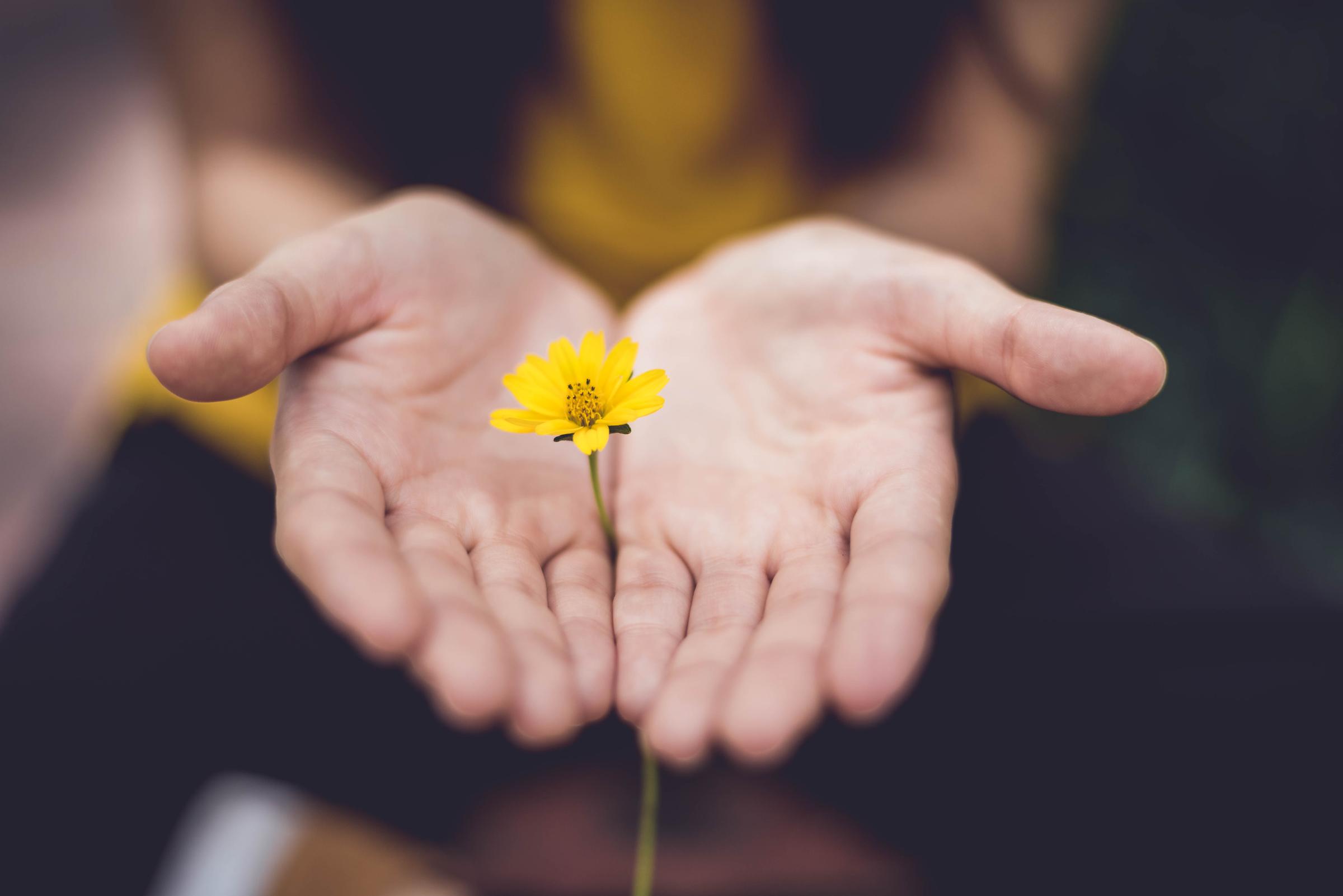Wellbeing
Kristy Dupille, Maddi Hall, Sherree Jorgensen, Karli Price & Damian Cairns
wellbeing@spbendigo.catholic.edu.au

Wellbeing
Kristy Dupille, Maddi Hall, Sherree Jorgensen, Karli Price & Damian Cairns
wellbeing@spbendigo.catholic.edu.au
Learning is not just about reading, writing, and maths, it is also about understanding ourselves and our relationships. This is called Social Emotional Learning. At St Peter's we know that it is really important to include social emotional learning every day, and we have a number of different ways that we help all of our students in their social emotional learning. These programs are evidence based ways to support students being able to understand themselves and others, form strong and healthy relationships, express themselves and learn and grow.
Some of the programs we include in our social emotional learning include:
End of Day Reflections
and more...
In the next couple of weeks the Wellbeing Team will unpack some of the Social Emotional Learning programs we offer. Last week we learnt about Smiling Mind, this week we focus on Rights Resilience and Respectful Relationships (4Rs), Regulation Time and Movement Breaks
Stay tuned next week for more information on our Social Emotional Learning at St Peters.

